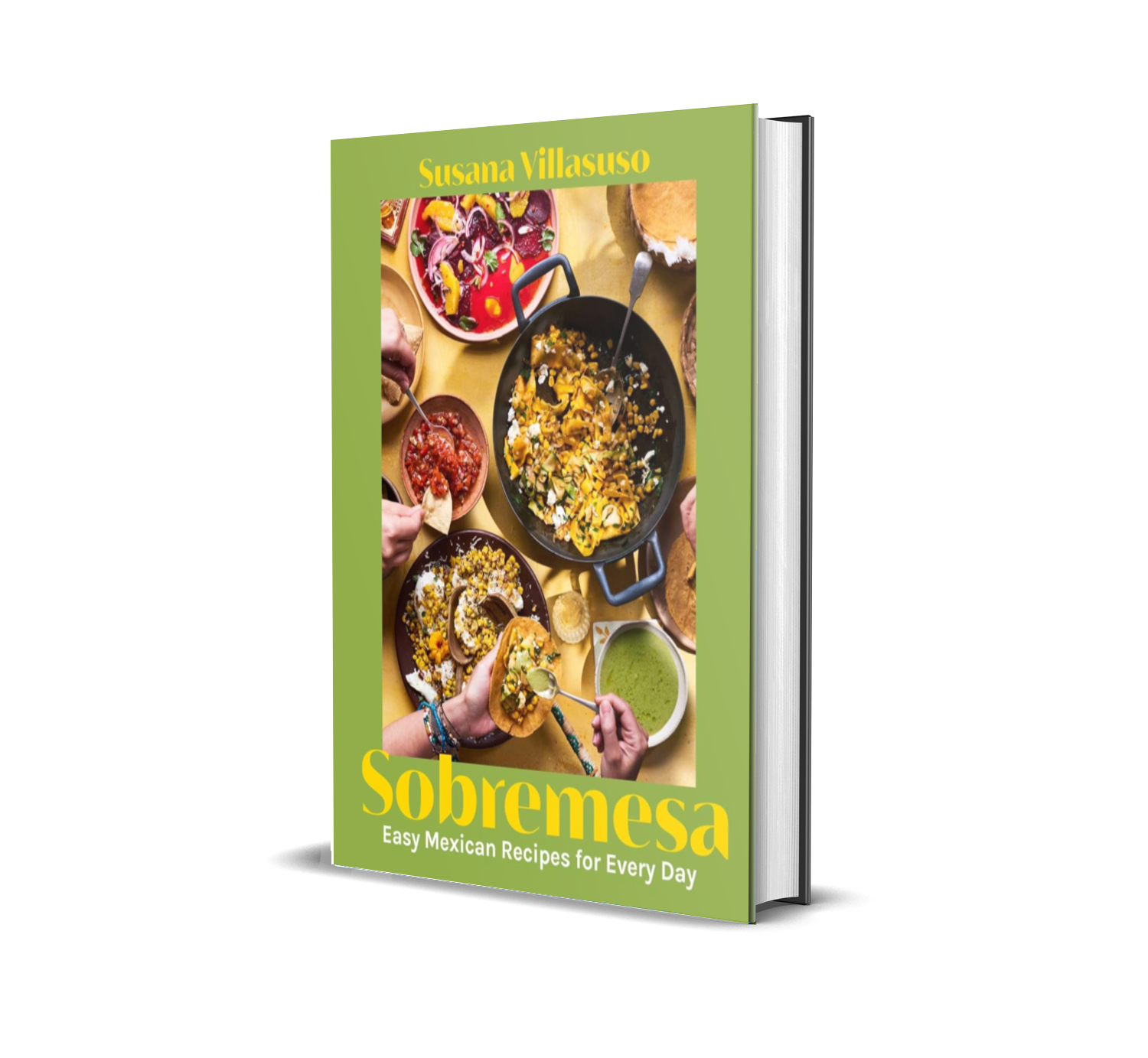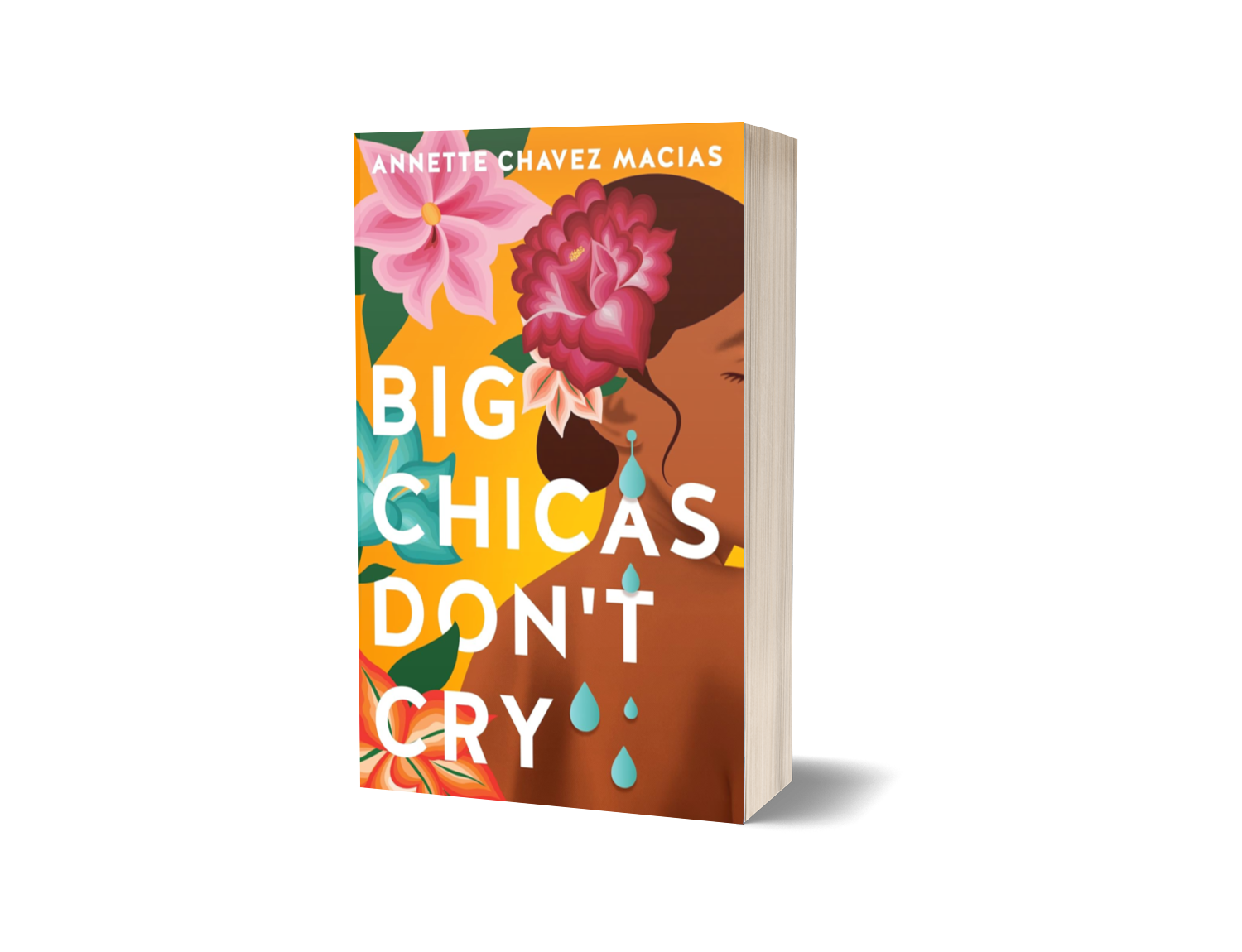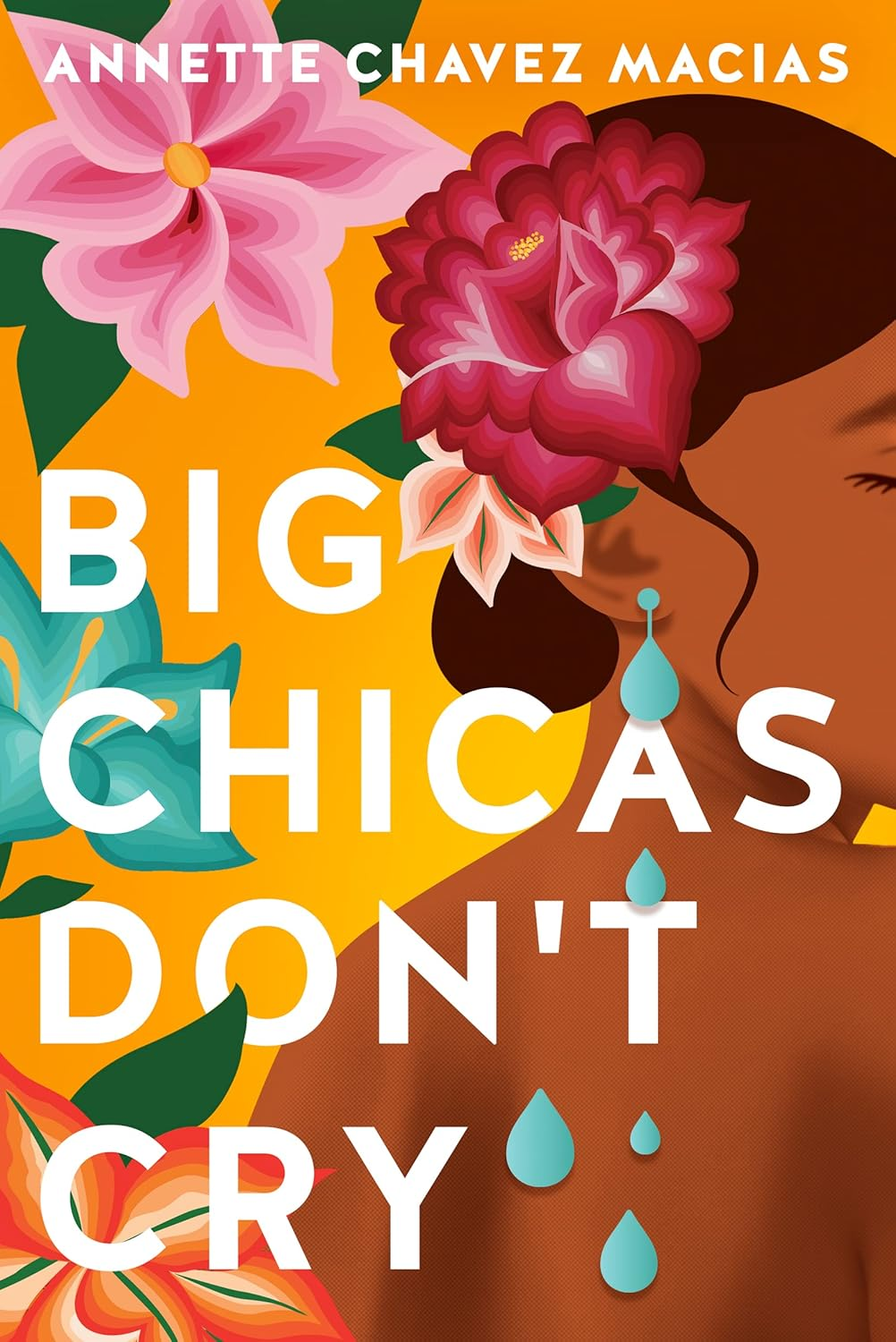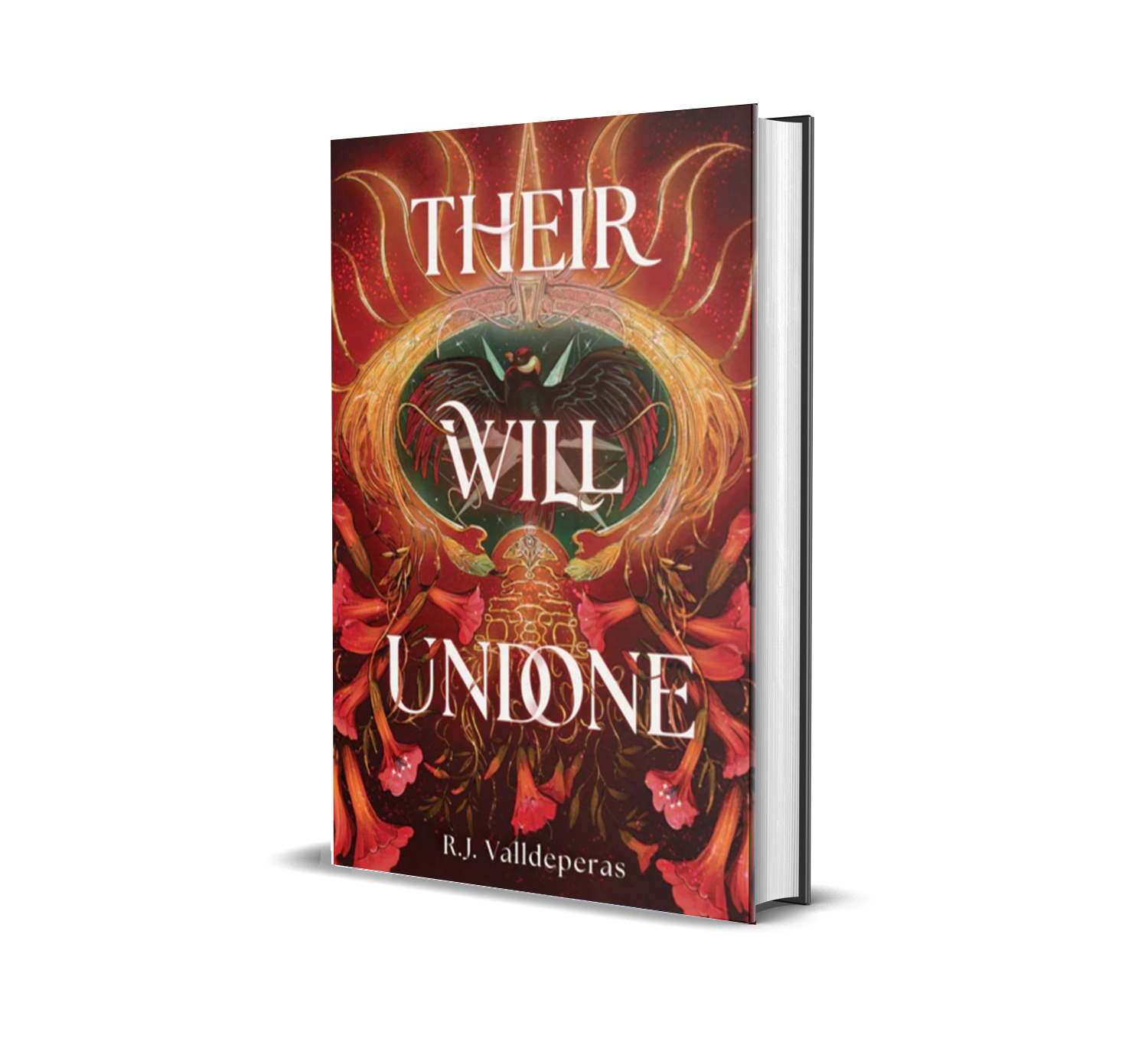 Image 1 of 2
Image 1 of 2

 Image 2 of 2
Image 2 of 2



Discourses of the Elders — The Aztec Huehuetlatolli by Sebastian Purcell
A philosophy grounded not in a transcendent divinity, afterlife or individualism but in a rooted communal life
Western philosophers have long claimed that God, if such a being exists, is a personal force capable of reason and that the path to a good human life is also the path to a happy one. But what if these claims prove false or at least deeply misleading? The Aztecs of central Mexico had a rich philosophical tradition, recorded in Latin script by Spanish clergymen and passed down for centuries in the native Nahuatl language—one of the earliest transcripts being the Huehuetlatolli, or Discourses of the Elders, compiled by Friar Andrés de Olmos circa 1535.
Novel in its form, the Discourses consists of short conversations between elders and young people on how to achieve a meaningful and morally sound life. The Aztecs had a metaphysical tradition but no concept of “being”. They considered the mind an embodied force, present not just in the brain but throughout the body. Their core values relied on collective responsibility and group wisdom, not individual thought and action, orienting life around one’s actions in this realm rather than an afterlife, distinctly opposed to the Christian beliefs that permeate Europe and America.
Sebastian Purcell’s fluency in his grandmother’s native Nahuatl brings to light the Aztec ethical landscape in brilliant clarity. Never before translated into English in its entirety, and one of the earliest post-contact texts ever recorded, Discourses of the Elders reflects the wisdom communicated by oral tradition and proves that philosophy can be active, communal and grounded not in a “pursuit of happiness” but rather the pursuit of a meaningful life.
A philosophy grounded not in a transcendent divinity, afterlife or individualism but in a rooted communal life
Western philosophers have long claimed that God, if such a being exists, is a personal force capable of reason and that the path to a good human life is also the path to a happy one. But what if these claims prove false or at least deeply misleading? The Aztecs of central Mexico had a rich philosophical tradition, recorded in Latin script by Spanish clergymen and passed down for centuries in the native Nahuatl language—one of the earliest transcripts being the Huehuetlatolli, or Discourses of the Elders, compiled by Friar Andrés de Olmos circa 1535.
Novel in its form, the Discourses consists of short conversations between elders and young people on how to achieve a meaningful and morally sound life. The Aztecs had a metaphysical tradition but no concept of “being”. They considered the mind an embodied force, present not just in the brain but throughout the body. Their core values relied on collective responsibility and group wisdom, not individual thought and action, orienting life around one’s actions in this realm rather than an afterlife, distinctly opposed to the Christian beliefs that permeate Europe and America.
Sebastian Purcell’s fluency in his grandmother’s native Nahuatl brings to light the Aztec ethical landscape in brilliant clarity. Never before translated into English in its entirety, and one of the earliest post-contact texts ever recorded, Discourses of the Elders reflects the wisdom communicated by oral tradition and proves that philosophy can be active, communal and grounded not in a “pursuit of happiness” but rather the pursuit of a meaningful life.
ABOUT THE TRANSLATOR
Sebastian Purcell is an award-winning associate professor of philosophy at SUNY-Cortland in New York, where he researches ethics, Aztec philosophy, and mathematical logic. He resides in Binghamton, New York.










